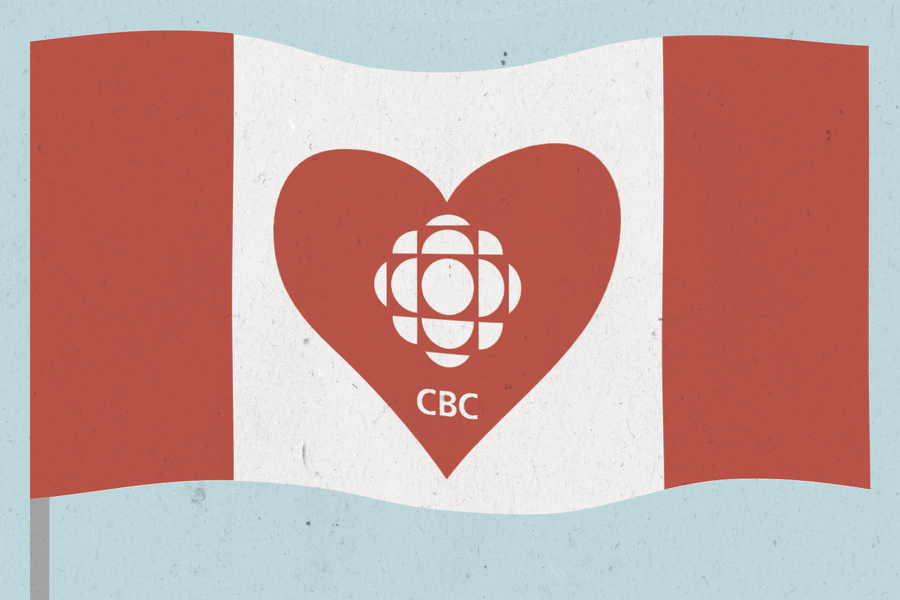
We need public broadcasting
The CBC has been a fixture in Canadian culture since its radio launch in 1936. The oldest public broadcasting network in Canada offers programming in English, French and eight Aboriginal languages across two television networks and five radio transmitters, along with a strong online presence. And now its place in our country is less certain.
As a Crown corporation, the CBC’s funding is determined on a yearly basis by the federal government. Their funding declined in the early ’90s, they were given steady funding from 1998–2008. But the Harper government has gutted funding for the broadcaster each year since 2009, despite promises from Heritage Minister James Moore in 2011 that the Conservative government would secure a stable source of income for the CBC.
These cuts have resulted in layoffs that will reach about 1,500 jobs by 2020, a number that accounts for nearly 25 per cent of the CBC’s staff. And that number will likely increase as the CBC considers closing their Toronto headquarters in order to fund their programming.
The CBC is a vital part of Canada’s cultural infrastructure, with a presence in music, television and news. While its programming isn’t always great, the Canadian content on the CBC provides a reliable source for arts and culture that reflect our national identity.
Though you may not listen to or watch the CBC much in your daily life, it’s an important source for news and culture for many Canadians, especially those in minority groups. A 2014 survey showed that 98 per cent of Francophones feel that the CBC is important to them. And the CBC’s operations in eight Aboriginal languages provide a service to Aboriginal groups who have few publicly-funded cultural outlets. As a multicultural country, it’s important that we maintain infrastructure able to serve these groups.
It’s not as if we’re paying the CBC too much. Among Western countries with established public broadcasters, Canada has the third-lowest per capita funding for public broadcasting per year at $29, compared to an $82 average. It’s hard to imagine the CBC surviving if the trend of budget cuts continues.
Some critics of the CBC cite their often mediocre programming as a reason to do away with the corporation, especially compared to higher quality programming of public broadcasters like the BBC. But Britain’s per capita funding is $97 per year. If the CBC was provided with that level of funding, our mandated Canadian content would improve greatly. But an investment needs to be made for that to happen.
Having mandated Canadian content is good for more than just consumers. Aspiring Canadian actors, directors and producers can get a start with these productions, which give our local cultural industries to a chance to grow. All of that would be harder without a funded public broadcaster to provide that jumping-off point.
The CBC has been a part of Canadian life for decades, but if we don’t stop these funding cuts it may soon become a chapter in our country’s past. We need to reinvest in our public broadcaster to give them a chance to grow into something bigger and better, instead of letting them slowly shrink into obscurity.
Jason Herring, Gauntlet Editorial Board
